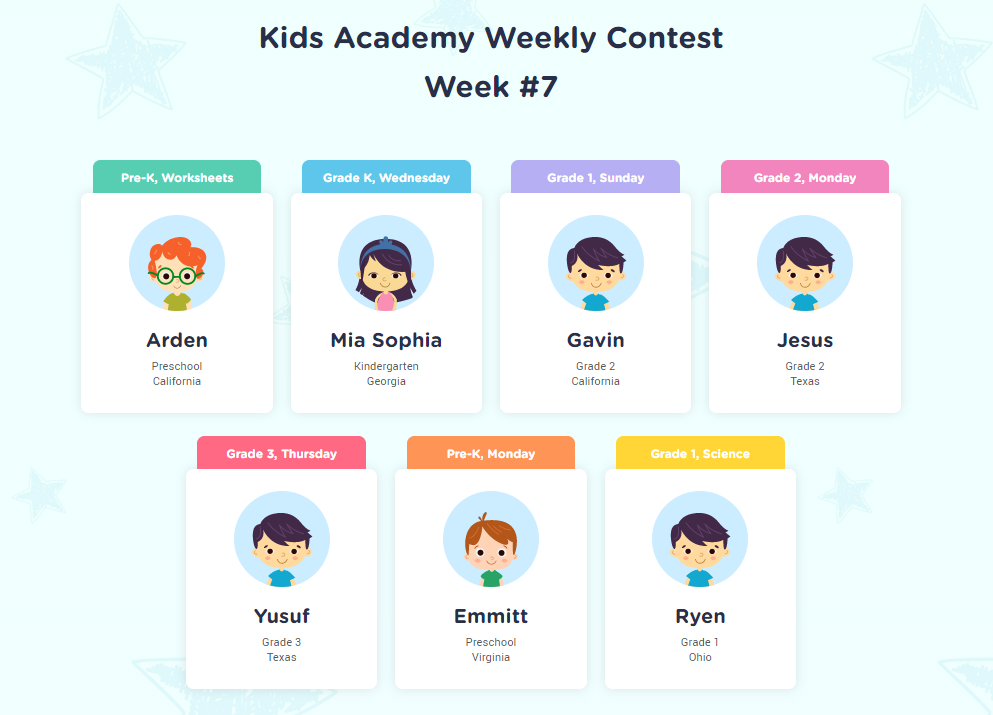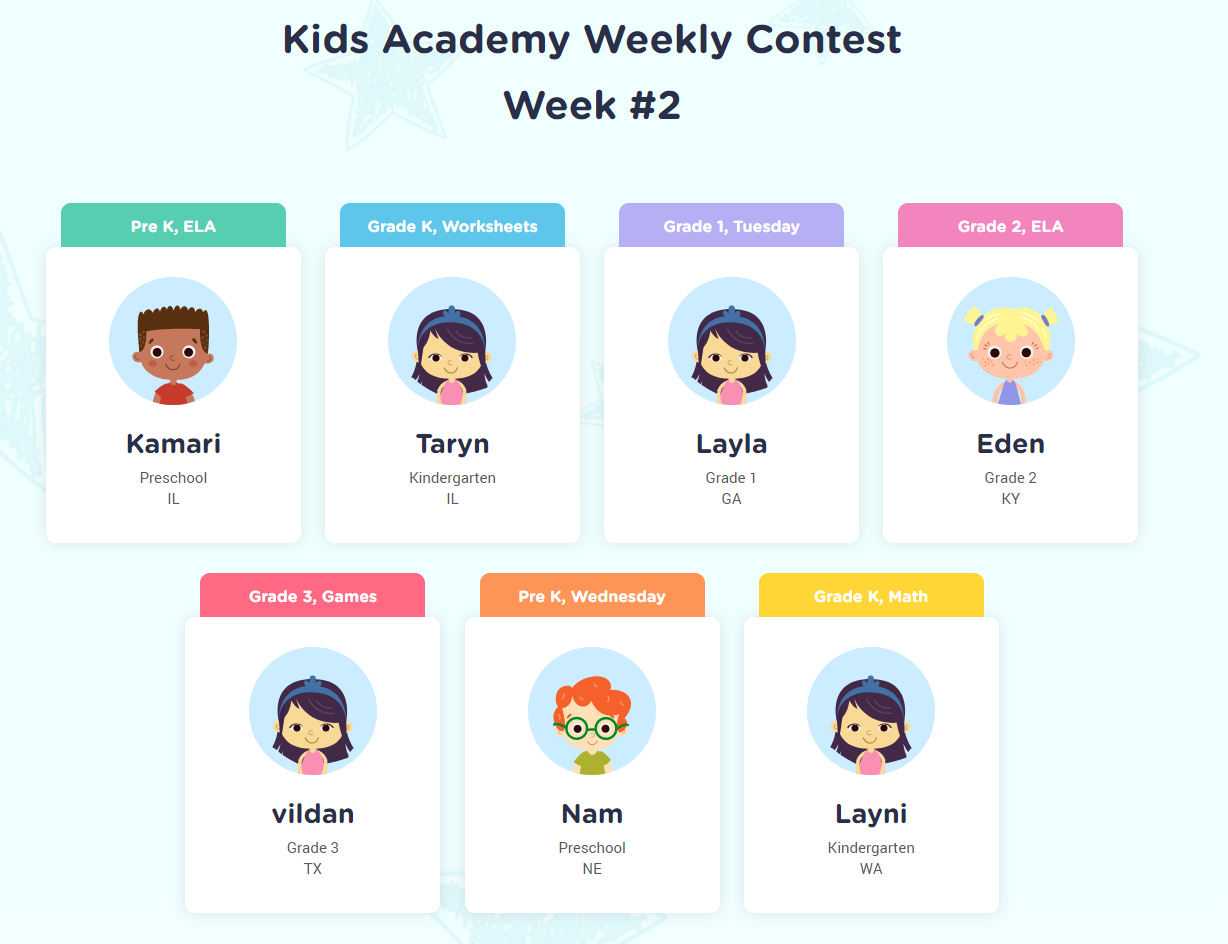Science worksheets activities for Ages 3-5
5 filtered results
-
From - To
Discover engaging science worksheets and activities tailored for children aged 3-5 at Kids Academy! These thoughtfully designed resources spark curiosity and foster early learning through interactive experiences. Young learners will explore essential concepts like nature, weather, and basic physics through colorful illustrations and fun tasks. Each worksheet promotes hands-on learning, enhancing critical thinking and motor skills while encouraging a love for science. Perfect for home or classroom use, our science activities make learning enjoyable and educational. Join us on this exciting journey of discovery and support your child’s growth with our easy-to-use, printable science resources today!


Force and Interactions: Assessment 1 Worksheet
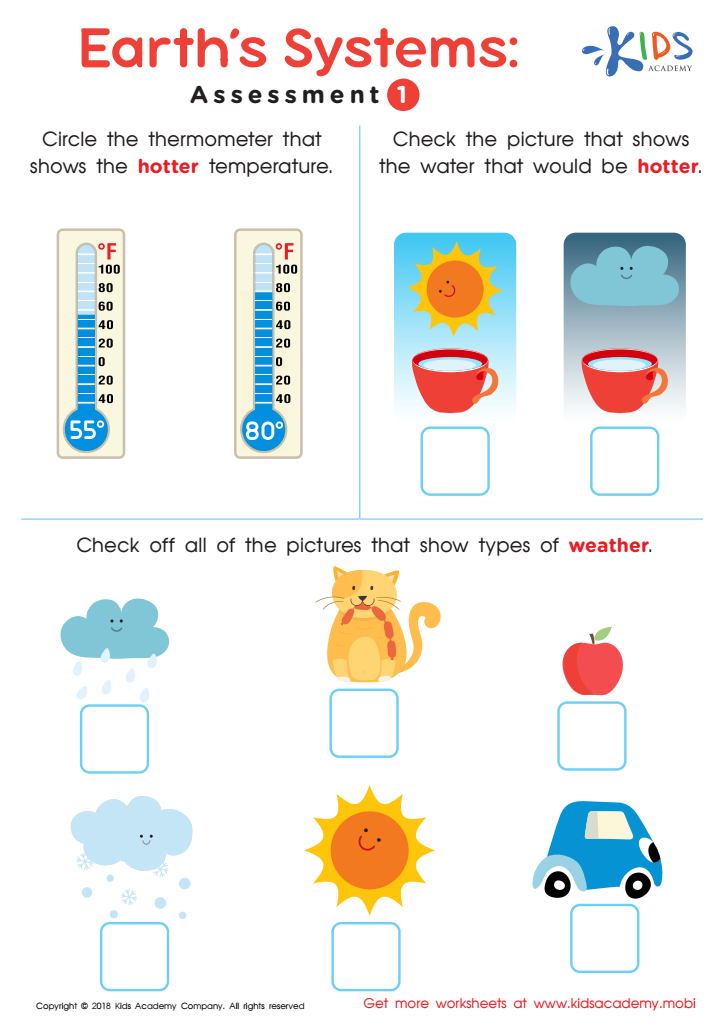

Earth's Systems: Assessment 1
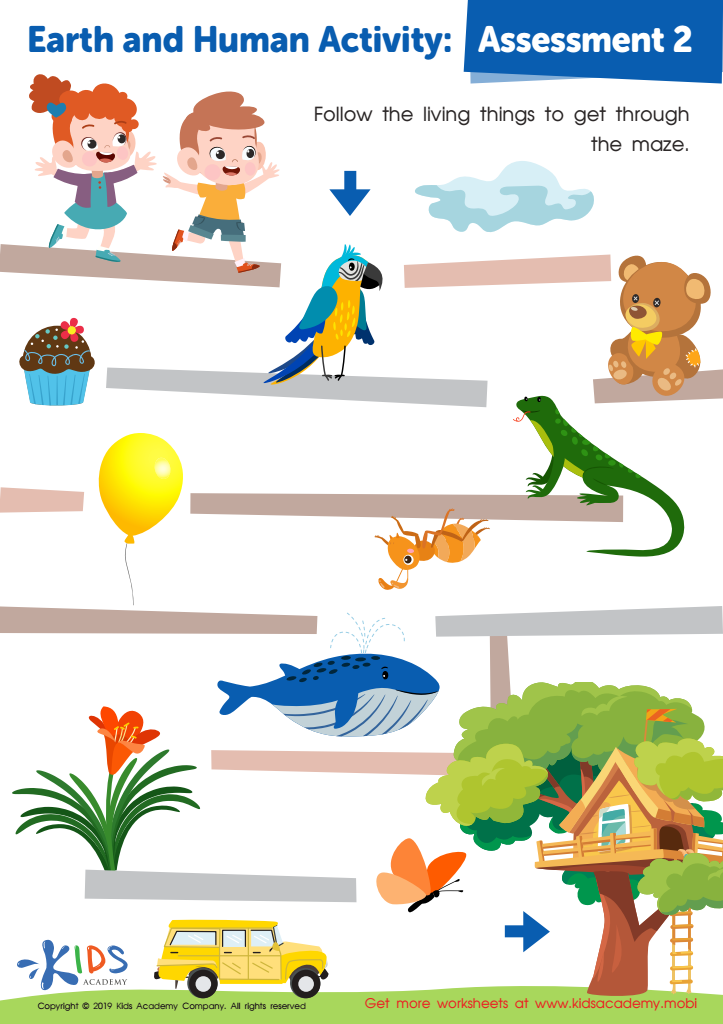

Earth and Human Activity: Assessment 2 Worksheet
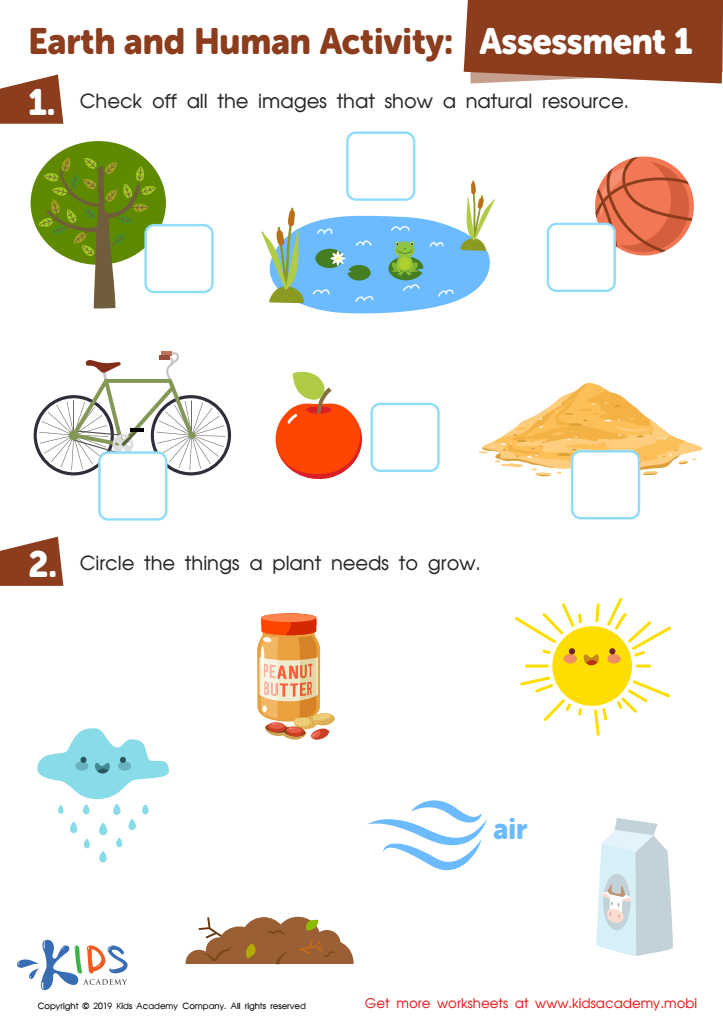

Earth and Human Activity: Assessment 1 Worksheet
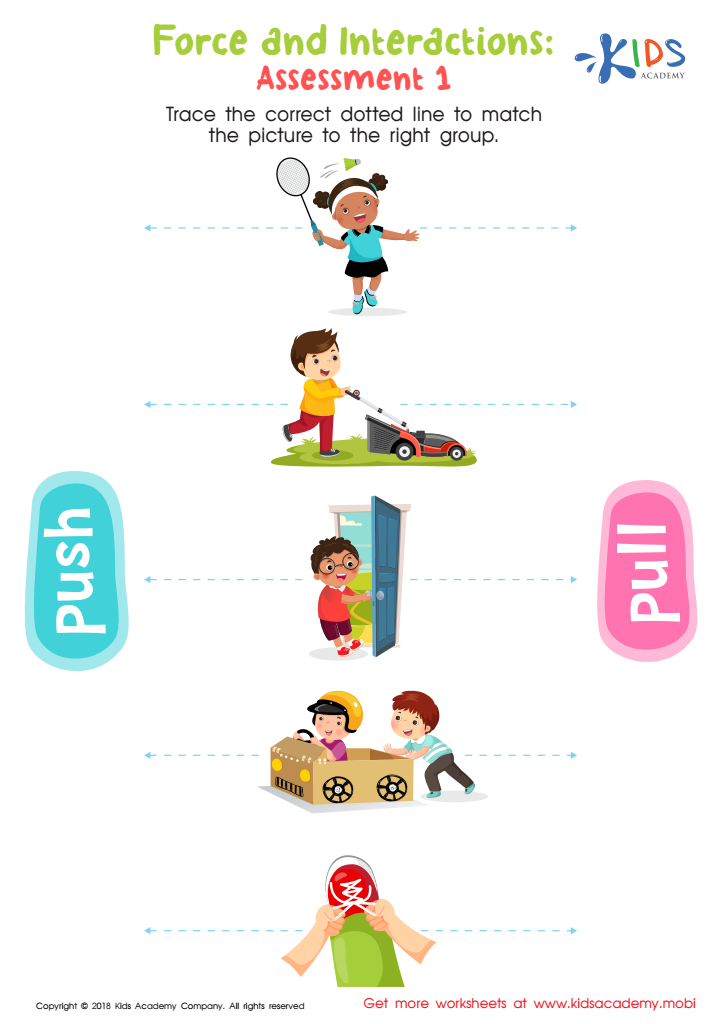

Force and Interactions: Assessment 2 Worksheet
Parents and teachers should prioritize science activities for children aged 3-5 because these early experiences lay the foundation for lifelong learning and curiosity. Science is not just a subject; it's a way of understanding the world. Young children are naturally inquisitive, and engaging them in science activities nurtures their innate curiosity while fostering critical thinking skills.
By participating in hands-on scientific explorations, such as simple experiments or nature observations, children develop essential skills like observation, prediction, and problem-solving. These activities also promote fine motor skills, as children manipulate materials and tools, and encourage social interaction as they work together in groups.
Furthermore, science education at a young age encourages a growth mindset, teaching children that making mistakes is a valuable part of the learning process. This is pivotal in building resilience and fostering a love for learning.
Additionally, introducing science concepts early can help demystify complex topics later in their education. Engaging in enjoyable and informative science activities helps children become well-rounded individuals who appreciate inquiry, creativity, and exploration—tools they will carry into all areas of their life and education, setting them up for future success.
 Assign to My Students
Assign to My Students



